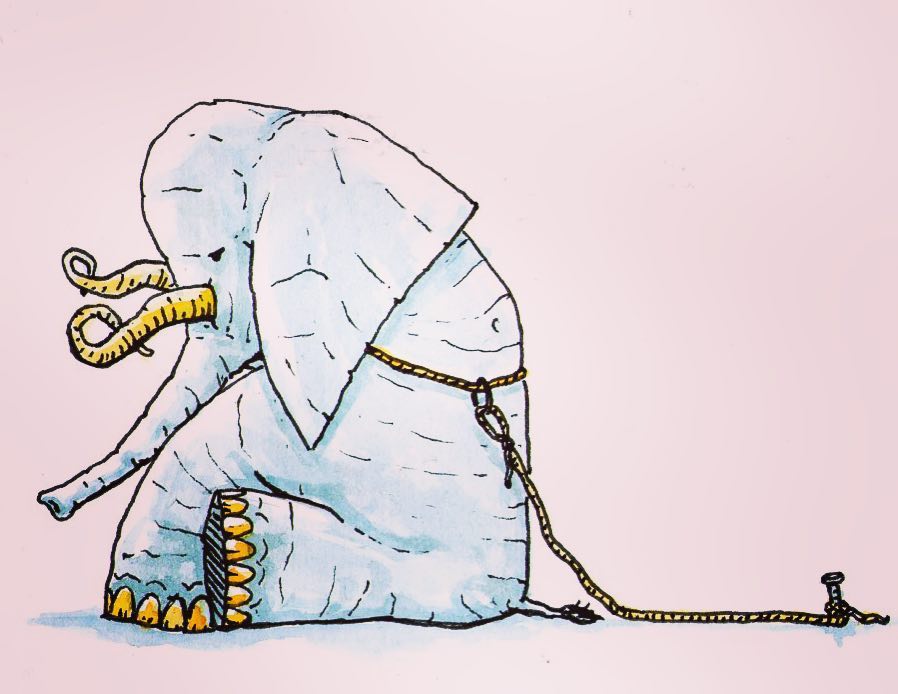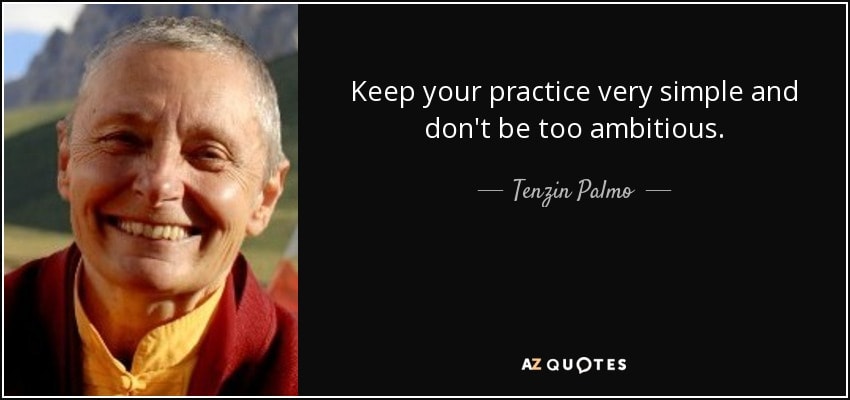How to serve your customers better?

Peter Drucker wisely said, “The aim of marketing is to know and understand the customer so well that the product or service fits him and sells itself.” But how do we do this well? Here are some tips that I think are crucial to understanding if you want to know and serve your customers well.
EVERYONE SHOULD GET INVOLVED, NOT JUST MANAGERS.
When it comes to marketing, it is important to realise that it is everyone’s task in the organization. Irrespective of their department or designation within the company, each and every employee plays a role in the effective marketing of the company. To this end, internal communication between marketing and other departments of an organization is important so that all employees share their genuine concerns towards enhancing customer experience and satisfaction.
USING SOCIAL MEDIA EFFECTIVELY.

Obviously, most companies nowadays deploy various social media platforms to enhance the effectiveness of their marketing. The greatest benefit of social media is that it allows businesses to follow the activities of our customers and potential buyers. Customers’ requirements, wants, behaviour, and satisfaction, as well as their joys, frustrations, and feelings in private contexts (even subtle ones), must be recorded in the form of data! This ensures that as marketers, companies are more informed about their target audience so that they can create tailor-made marketing strategies to attract customers.
While social media by itself cannot propel business growth, they help raise brand awareness and improve leads for sales. As a marketing strategy, it enables the company to create fruitful connections. It also gives the business a chance to talk about itself and build a reputation, thus raising the profile of the company.
CAPTURE THE EMOTIONAL RESPONSES OF CUSTOMERS

Understanding customers is the key to giving them good service which in turn results in strong customer relationships and new sales through positive word-of-mouth recommendations. The consumer at times is driven by emotions while buying certain products. In such cases, the consumer does not bother to make the intelligent or right decisions.
Emotionally, the buyer develops a sort of affection toward the product. The value of the product is not in its specifications, quality of the materials, features, or benefits. The value is in how it makes customers feel. The product is the experience. It’s not the price, or the discount, but the feeling that you are getting a good deal that counts.
Even premium brands need to provide the feeling of offering a good deal. It does not have to be a discount, though: sometimes free shipping, personalization or an accessory could do the trick.
An article I read about product buying motives (see reference), interestingly points out how the customer is drawn towards the product due to some physical or psychological attraction to the product. It lists ten such motives, but I thought these five make the most sense!
1> Displaying Status
People always strive to gain the respect and admiration of their fellow citizens. They constantly take care to maintain their status and display their pride in the assets that they own. Most purchases of imported vehicles, unique furnishings, etc. are based on this motive.
2> Imitating Trends in the market
People frequently try to mimic or emulate others, especially athletes and movie stars. Because of this, new businesses frequently use well-known actors in their product advertisements to appeal to this buying motivation.
3> Showing Affection for family
Affection and love for one’s family, community, and country frequently influence consumer purchasing decisions. The purchase of items like baby food, chocolates, toys, clothing, cookies, etc. may be motivated by affection for children. At the same time, for parents, one may buy shawls, spectacles, gadgets and other items. The motivation behind purchasing gift items for your spouse is also a factor that drives buying behaviour.
4> Being a Creature of comfort
Habits like cigarette smoking, drinking tea, coffee, and soft drinks, sewing only at a specific store and purchasing ready-made clothing from a specific business frequently act as a motivator for customers to purchase specific goods or services. It can create value of brand loyalty within the customer. Comfort plays a significant role in the marketing of luxury goods too.
5> Enjoying Aesthetic Value
Each person has a subjective experience of what feels good aesthetically. If one person prefers a strong scent, another may choose one that is quite light, and vice versa for a white automobile vs a black one. These variations have led to the production of a wide range of goods. This drive for sensory gratification or aesthetic pleasure has changed the design and beauty of items like jewellery, luxury automobiles, wrist watches, furniture, house or factory decorating, etc.
In Summary
You need to step up your marketing to better understand and serve your clients. The three approaches, according to me, to tackle this are: first, improve internal communication across all departments, not just marketing; second, use social media data effectively; and last, understand your target audience’s emotional drives when you advertise to them.
I hope this blog post was helpful to you. Please share your thoughts in the comment section below.
Reference
- accountlearning. “10 Emotional Product Buying Motives of Consumers.” Content for Management Studies |, 14 July 2020, accountlearning.com/10-emotional-product-buying-motives-consumers.


















